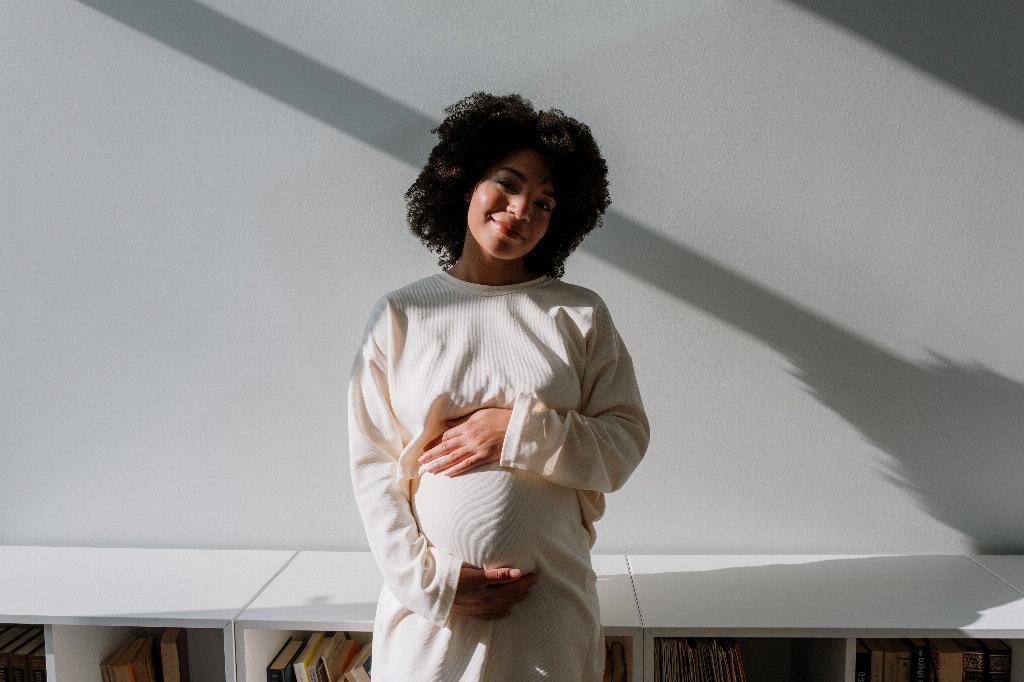Every pregnancy is unique, and the timeline for when symptoms start can vary from person to person. Some individuals may begin to notice symptoms very early on, while others may not experience any noticeable changes until later in their pregnancy.
Early Signs of Pregnancy
For some people, one of the earliest signs of pregnancy is a missed period. However, other common early symptoms can include fatigue, nausea, breast tenderness, frequent urination, and increased sensitivity to certain smells.
Week 1-4
During the first few weeks of pregnancy, before a missed period occurs, symptoms may be very subtle. Some individuals may experience light spotting or cramping, while others may not have any noticeable symptoms at all.
Week 5-8
By around week five to week eight of pregnancy, symptoms may become more pronounced. Nausea and vomiting (often referred to as morning sickness), heightened fatigue, mood swings, and food cravings or aversions are common during this time.
Week 9-12
As the first trimester progresses, symptoms like morning sickness and fatigue may continue, while other symptoms such as breast tenderness and frequent urination may become more prominent. Some individuals may also notice changes in their skin, such as acne or darkening of the areolas.
Week 13-16
During the second trimester, many symptoms such as nausea and fatigue tend to diminish for some individuals. This can be a time of increased energy and decreased discomfort compared to the first trimester.
Week 17-20
By the middle of the second trimester, symptoms may include the noticeable growth of the belly, fetal movement, back pain, and potential changes in hair and nails. Some individuals may also experience swelling in their hands and feet.
Week 21-24
As the second trimester progresses, symptoms may vary among individuals, but many experience an increase in appetite, weight gain, stretch marks, and the possibility of developing pregnancy-related skin conditions.
Week 25-28
During the later weeks of the second trimester, symptoms like heartburn, indigestion, insomnia, and shortness of breath may become more common. The baby’s movements may also become more noticeable.
Week 29-32
In the final stretch of the second trimester, symptoms may include increased back pain, pelvic pressure, Braxton Hicks contractions, and challenges with sleeping comfortably. The body continues to adjust to the growing baby.
Wrapping Up
Overall, the timing and intensity of pregnancy symptoms can vary widely between individuals. If you suspect you may be pregnant and are experiencing symptoms, it is recommended to take a pregnancy test and consult with a healthcare provider for further guidance.

